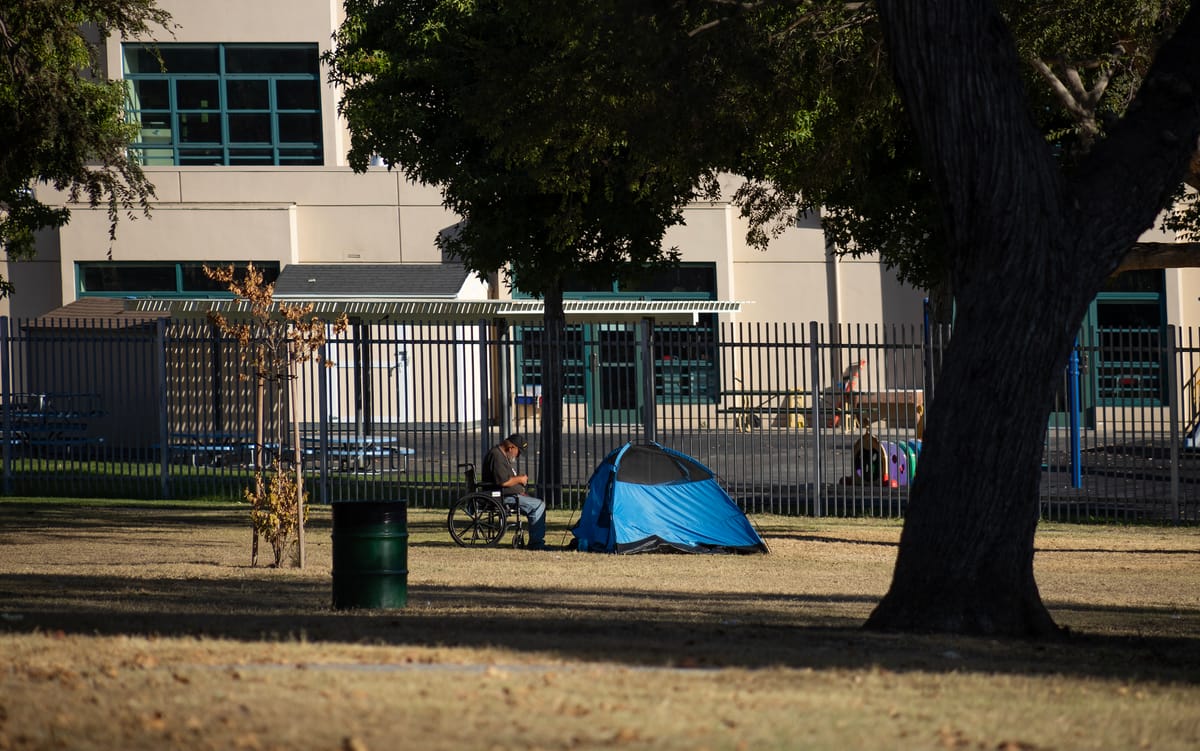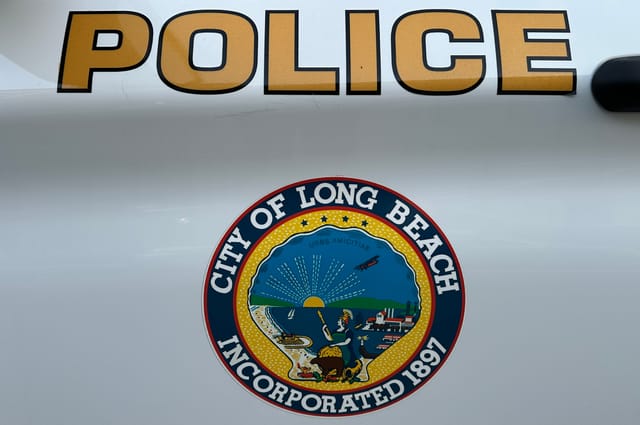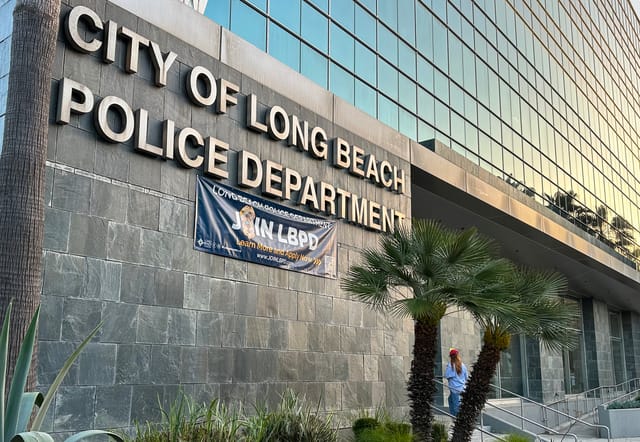Views | When compassion is just a buzzword: The city’s homeless strategy prioritizes enforcement over humanity
Let’s be honest: “anti-camping” is a sanitized way of saying we intend to criminalize poverty.

Views is a public square for Long Beach residents, business owners and organizations to voice their informed opinions on important city issues. Submit yours to views@lbwatchdog.com.
When the city of Long Beach claims it’s “leading with compassion” in its response to homelessness, we should all pause and ask: What does compassion really look like?
On Aug. 12, the city of Long Beach released a memo detailing its response to the recent Supreme Court ruling in Grants Pass v. Johnson. This decision, which effectively gives cities the green light to enforce anti-camping laws even when shelter options are scarce, was a blow to those who believe in a compassionate, service-oriented approach to homelessness.
In the city’s memo, “compassion” seems more like a buzzword than a guiding principle. For every mention of compassion, there are more than double as many references to “anti-camping” measures. It’s difficult to take claims of compassion seriously when the plan centers on cracking down on encampments, issuing citations and pushing people out of public spaces without any clear path to stability. The message is clear: enforcement is the priority.
Let’s be honest: “Anti-camping” is a sanitized way of saying we intend to criminalize poverty. The memo outlines a strategy where enforcement takes center stage, treating our unhoused neighbors as problems to be moved rather than human beings needing help. The city’s focus on dispersing encampments under the guise of public safety does little more than shift the problem from one neighborhood to another, leaving behind a trail of deeper trauma and barriers to accessing services.
The memo does mention outreach, shelter and service provision, but these are treated as afterthoughts — steps to be taken only when "other solutions are not working."
What about addressing the root causes of homelessness? What about scaling up affordable housing options, increasing mental health and substance use treatment, and ensuring our outreach efforts are well-resourced and effective? Instead, we’re left with a plan prioritizing optics over outcomes and enforcement over empathy.
True compassion involves investing in long-term solutions, not in strategies that rely on fines, citations, and forced removals. It means leading with housing-first policies, trauma-informed care, and meaningful partnerships that lift people out of homelessness — not sweeping them under the rug.
If the city is truly committed to a compassionate, human-first approach, we demand to see visible, measurable actions that reflect this commitment before citations, arrests and sweeps are even considered. This means transparent reporting on outreach efforts, increased investments in service providers and clear evidence that every person has been offered real support — shelter, case management and access to resources — before any enforcement takes place.
We need to see that the city is willing to lead with care, not coercion, and that the promises of human-centered solutions are more than just empty rhetoric. Compassion can’t be claimed unless it is consistently and visibly practiced.
The people of Long Beach deserve better. Our unhoused neighbors deserve better. It’s time to rethink our approach and ensure that when we say we’re leading with compassion, it’s not just a buzzword — it’s a promise backed by action.
The Long Beach Homeless Coalition was founded in the early 1990s by a group of concerned community members who recognized the growing homelessness crisis in their city. Over the years, the organization has worked tirelessly to provide a wide range of services and resources to individuals and families experiencing homelessness, including emergency shelter, food assistance, healthcare, job training and more.

We need your support.
Subcribe to the Watchdog today.
The Long Beach Watchdog is owned by journalists, and paid for by readers like you. If independent, local reporting like the story you just read is important to you, support our work by becoming a subscriber.




